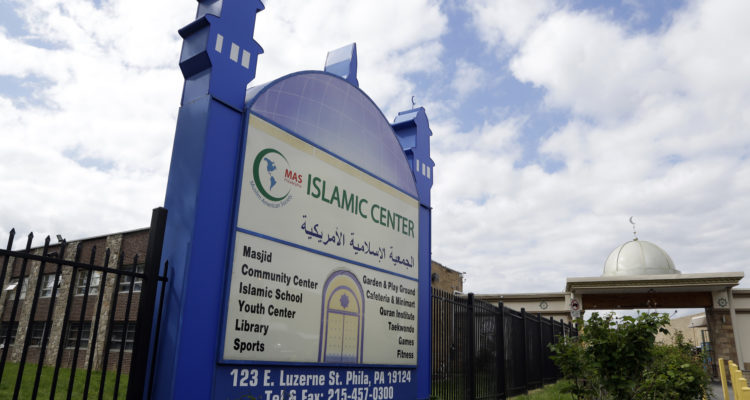The six-member council of Hamtramck are all practicing Muslims, as is the city’s newly elected mayor.
By Donna Rachel Edmunds, World Israel News
A City Council in Detroit, Michigan will be all Muslim from January following the election of three new Muslim members. It is believed that the all-Muslim administration is a first for the United States.
On Tuesday, Amanda Jaczkowski, who is a convert to Islam, Khalil Refai and Adam Albarmaki won their races to sit on Hamtramck City Council in Detroit’s metro area. All three are practicing Muslims, and will join councilmen Nayeem Choudhury, Mohammed Hassan and Mohammed Alsomiri.
As the newly elected mayor of the town, Amer Ghalib, is also a Muslim, all of the city’s elected officials will be of Islamic faith, believed to be a first for an American municipality.
However, the members have vowed that their religion will not impinge upon their duties as councilmen.
“It’s important to remember that although we all happen to be practicing Muslims, we are elected through the processes set forth by the United States, Michigan, Wayne County and Hamtramck,” Jaczkowski told the Detroit Free Press. “We will all take an oath … to protect the Constitution of the United States, and that includes the concept of separation of church and state. I believe strongly in that separation, and although I will bring the Islamic values of honesty and integrity to the table, the policies that I promote and affirm will be what is best for all people of Hamtramck.”
Khalil Refai, who won the most votes in Tuesday’s election, agreed.
“I ran for office to solve everyday issues facing our community,” Refai told the Free Press. “Fixing our sewers and lead pipes, finding creative ways to increase city revenue and creating a more transparent, inclusive City Hall are all important issues we heard during the campaign. I am looking forward to solving these issues with my colleagues. I am a proud Hamtramckan, and I love living in a community that has people with many different religious backgrounds.”
Historically the city was primarily Polish Catholic, reflected in the fact that the mayor has been Polish Catholic since its incorporation 100 years ago – until Tuesday, when Ghalib beat the incumbent Karen Majewski with 68.5% of the vote, against her 31.5%.
The result was almost a complete reversal of the last election result in 2017, when Majewski won with 61% of the vote against Hassan’s 38%. In that election, Majewski had the backing of the Yemeni community within the town to win, but this time they came out for Ghalib, a fellow Yemeni immigrant.
Majewski took the defeat in good faith, urging the people of Hamtramck to embrace their new mayor.
“I’ve always cautioned people to not think about Islam as a monolith,” Majewski said. “Remember that people come from different traditions within a shared religion. Individuals are different, too. They come with different experiences, different interpretations of their faith and different priorities. I would always caution people against creating a monolith in their minds about any religion.”
Although the U.S census does not gather information on religion, Hamtramck is believed to be approximately 50% Muslim, based on ethnicity. Around 25% of the population is of Arab descent, mostly Yemeni, and a further 27% are Asian, mostly Bangladeshi. While almost all of the Yemenis are Muslim by religion, the Bangladeshi-American population is a mixture of Muslim, Hindu, Buddhist and Christian.
According to the Detroit Free Press, the demographics of Hamtramck also include Bosnian Muslims and African American Muslims.
Polish Americans now make up just 6.8% of the city’s population, according to census data.
Rummi Khan, chief operating officer for the Muslim Public Affairs Council, commented: “We are pleased to see our community vibrantly engaged in the foundation of American democracy: our elections. This representation is a wonderful step toward realizing the promise of a government for the people, of the people, by the people for all Americans.”





